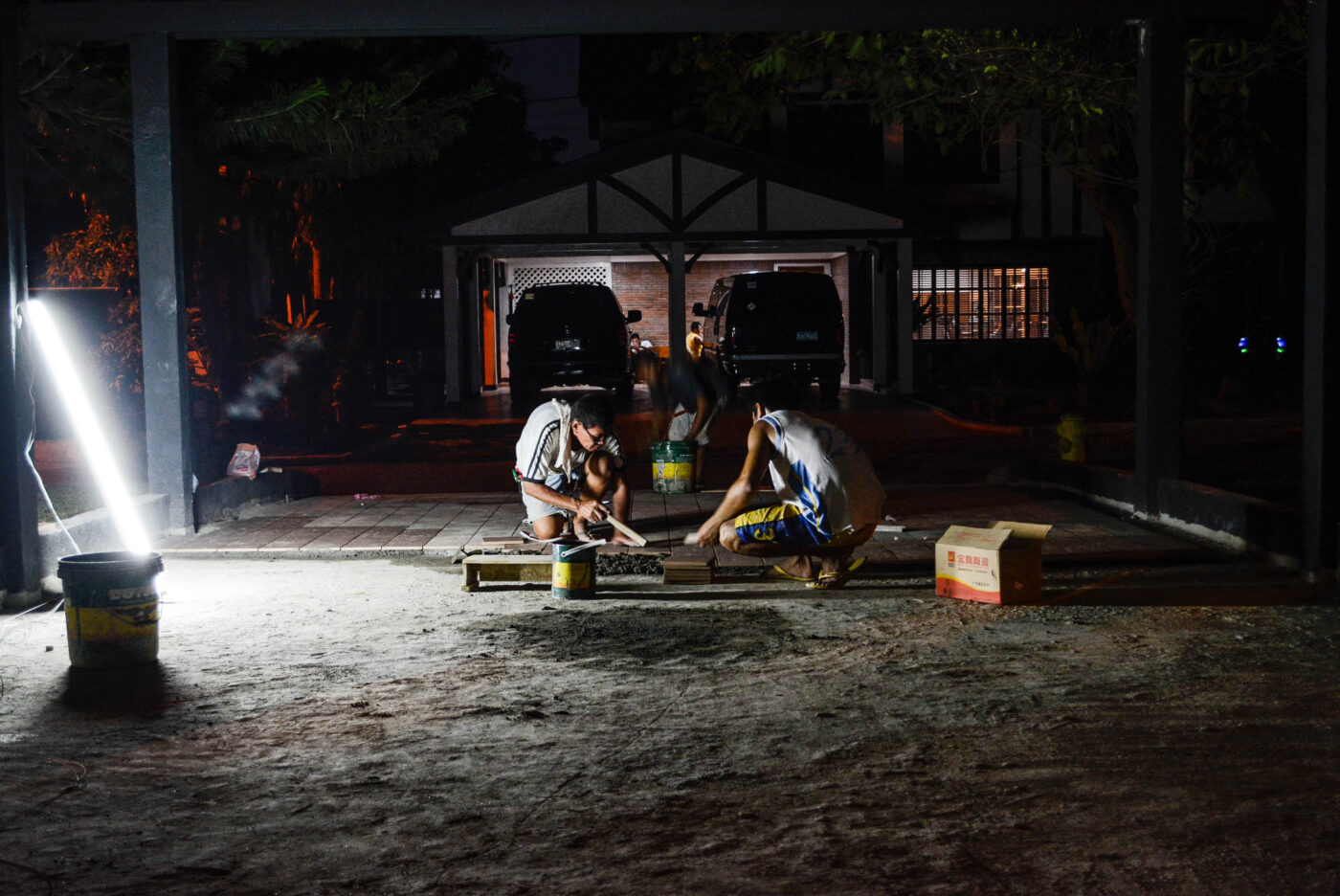Scattered piles of rubble were the remains left from the warehouse wall collapse in Guiguinto, Bulacan last January 19. Found beneath the ruins of the construction site were 12 lifeless bodies, which included a seven year old boy, a pregnant woman and 10 workers, one of whom was just 14 years young.
Following the aftermath, the Department of Labor and Employment (DOLE) placed two construction firms, One Golden Dragon Realty Corporation and Hoclim Co Construction Corporation, under investigation after numerous laws on labor were violated. These include Republic Act No. 9231, an act that aims to eliminate the worst forms of child labor and protect the working child.
But the warehouse accident in Bulacan is one of a myriad issues on the plight of laborers in the country. According to a 2014 report by the International Trade Union Confederation, the Philippines is deemed one of the worst places for labor in the world, garnering a rating of 5—meaning there is no guarantee of rights—in the Global Rights Index.
To combat this situation, thousands of laborers across different companies have formed unions with the mission to fight for a better labor environment in the country.
Union issues
The Philippine Labor Code sanctions labor unions in the country as acknowledgment of workers’ freedom to self-organize. These unions are considered legitimate stakeholders in negotiations via collective bargaining agreements to create better policies that improve employment practices.
However, a number of strikes have occurred within the past few years due to the failure of proper negotiations between unions and their respective employers. In 2012, the Philippine Airlines Employees’ Association faced the threat of legally-sanctioned union-busting in the heat of their campaign against the company’s outsourcing scheme.
In an Alliance of Laborers and the Youth (ALAY) event organized by the Christian Union for Socialist and Democratic Advancement last March 2, laborers from various unions shared their testimonies on the unjust treatment and low salaries they received from working in their respective companies for long periods of time. ALAY aims to unite the labor sector and youth community toward an advocacy that champions fair privileges and rights to laborers.
ALAY Coordinators Lorenzo Abaquin and Carl Reyes described outsourced labor as a dangerous kind of work. Since outsourcing comes out cheaper than direct hiring, labor becomes easily exploitable.
Furthermore, Abaquin and Reyes emphasized the critical role of labor unions in preventing instances of abuse. “Unions are the ones who can mobilize through collective bargaining treatments, mediate in collective, mediate for the rights of the people as a collective,” Reyes explained.
In 2013, some 250 workers of Coca-Cola Bottlers Philippines, Inc. protested against the contractualization of 430 workers who had been with the company for eight to 10 years. Consequences of contractualization included the removal of fixed monthly wages and employee benefits such as subsidies and 13th month bonuses.
According to DOLE Undersecretary Rebecca Chato, contractualization is a legitimate business endeavor governed by the Labor Code. She said that DOLE is undertaking steps to prevent exploitation of contractual employees. “We are working to ensure companies’ compliance with all labor laws through the Labor Laws Compliance System which promotes industry self-regulation along decent work principles,” she elaborated.
Workers’ welfare
Amidst pertinent issues and unforeseen dangers in the labor environment, DOLE has passed significant reforms and policies that protect the welfare of Filipino laborers.
According to Chato, there has been an “increased coordination and cooperation among stakeholders” in the labor environment for the past years and more reforms were made since 2010. “The DOLE adopted the Decent Work Framework of the International Labor Organization to promote opportunities for all workers to obtain decent and productive work in conditions of freedom, equity, security and human dignity,” she said.
She mentioned that decent labor conditions rely on several key pillars, particularly the rights-at-work pillar “which aims to protect the constitutional rights of workers to improve the quality of employment”.
DOLE also vows to prevent the recurrence of incidents such as the Bulacan warehouse collapse by assessing the conditions of labor sites. “A consultation-dialogue among the DOLE and all the safety practitioners and consultants of the company was conducted to ensure that their cooperation in monitoring compliance with labor laws and standards is obtained,” Chato said.
Chato also revealed that among the reforms is a review on Certification Election proceedings. “The proposal reiterates the role of the employer as a bystander and prevents him and her from harassing, intimidating, threatening, and coercing employees before and after elections,” she referred to the review.
New movements
Aside from the constant participation of labor unions in discourse, new approaches towards labor issues have been emerging in the past few years, concomitant with the rise of technology, social media and youth activism.
DOLE-appointed Labor Laws Compliance Officers (LLCOs) have started making rounds in different establishments in order to educate both employers and workers on current labor laws and standards. With the help of gadgets, these officers can accomplish an electronic checklist of labor laws compliances based on decent work indicators that include GLS and OSHS.
These gadgets will allow the LLCOs to transmit the data they have accumulated to the Department of Interior and Local Government office in real-time, making data instantly available for viewing and processing for reports and statistics.
The growing interaction between students and sectoral groups cannot be dismissed in the discussion. “The rights that workers are currently fighting for will eventually become our rights as well,” Abaquin said.
Both Abaquin and Reyes said that increased awareness on unionism would eventually reduce its stigma in the country. “We want to create a culture that is actually sensitive to laborers and labor rights. [Because] usually, these things are just usually stepped down on a rug,” Abaquin added.




